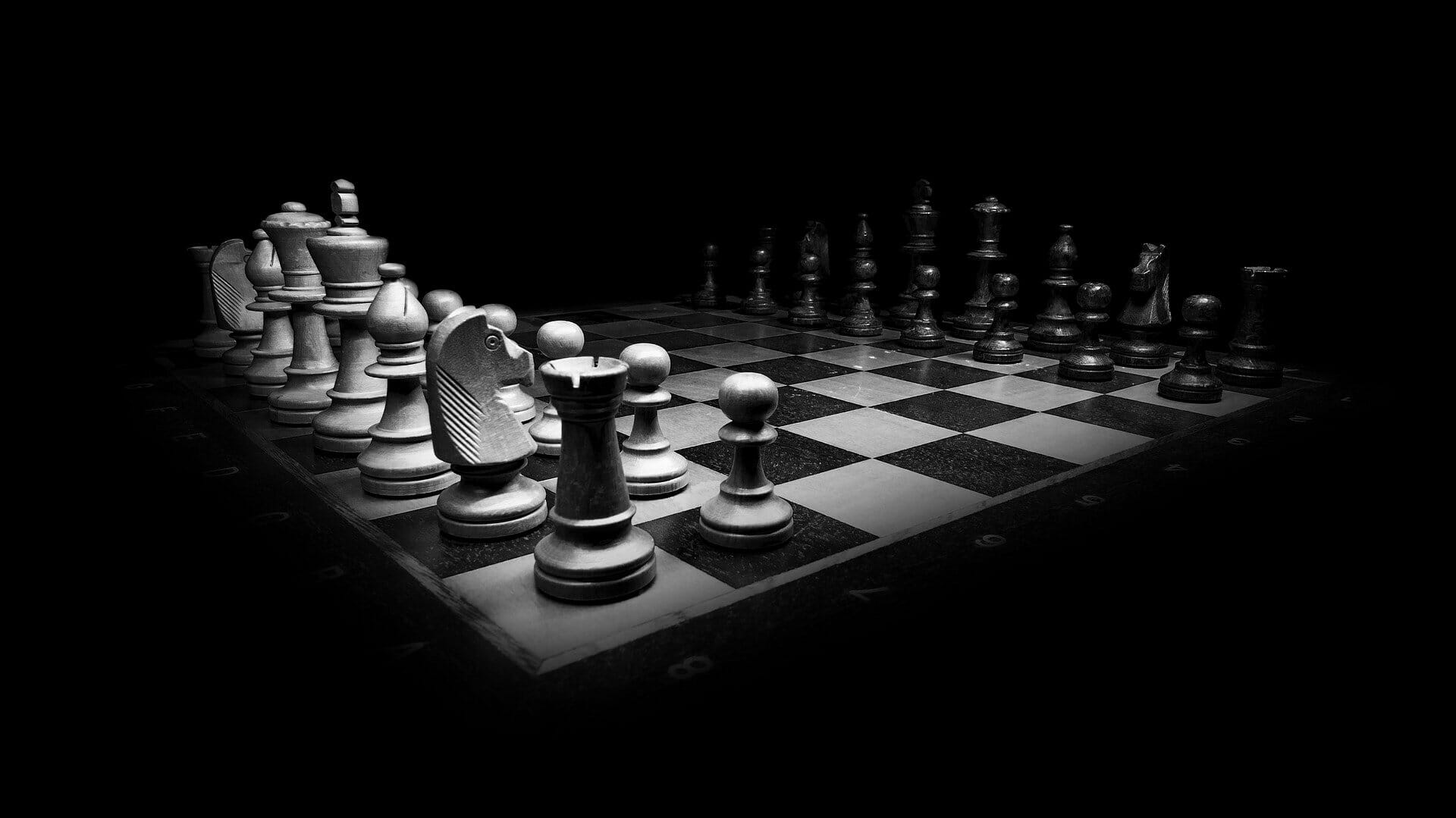We talk a lot about the power of reason, and how important it is in making sound decisions in today’s world. But what is “reason” and how is it connected to the various futures we aspire to?
A few weeks back I started a new podcast based on the book Future Rising. The podcast is a series of short reflections on our relationship with the future that, together, paint a bigger picture of this relationship. And today’s episode–the last in this current season–tackles reason.
Reason is both complex and controversial. In some quarters it has overtones of a very narrow way of understanding the past and the future. And yet when approached in a broader context, it is one of just a small handful of defining features that makes humans such intriguing and powerful architects of the future.
Reason, however you think about it, gives us a profound ability to identify and use ways of changing the future. And yet reason alone isn’t sufficient to create a just, vibrant future that’s full of promise for as many people as possible. For that we need to diver deeper into what makes us uniquely human — but that’s a story for the next season of Future Rising!
Transcript
Reason — A Window Into The Future
What exactly is the future? How are we connected to it? And what is our responsibility to it?
Hi, my name is Professor Andrew Maynard. I study the future and how our actions influence it. I’m also the author of the book Future Rising.
In this podcast I’ll be taking us on a journey from the past to the edge of tomorrow as we read through the book. It’s a journey that starts with the big bang, and ends with our responsibility to future generations. Along the way, there’ll be plenty twists and turns, some intriguing new ideas, and even a few surprises.
In this episode, which is also the last in this season of Future Rising, we begin pulling together the threads from the past few weeks as we explore how reason helps us not only peer into the future, but begin to design it.
One of the most profound aspects of being human is our ability to predict the future. Of course, there are deep limits to our capacity to see into the future. Chance and randomness tend to throw a wrench into our skill at peering into the unknown, as do the boundaries of our intelligence and knowledge. Yet, every day, we use our reason to anticipate the twists and turns life throws at us, and to adroitly navigate them.
Reason, unlike instinct or intuition, is the culmination of our ability to observe, learn, recognize gaps in our knowledge, fill them, and develop an understanding of how the past and present are connected. It gives us a window into the future that not only enables us to predict what happens next in many cases, but to prepare for what’s unfolding, and even to alter it.
This capacity to think about and respond to what the future may hold is not unique to humans. There’s growing evidence that a number of animals are able to reason their way through solving simple problems. Yet it’s something that has become so advanced in us that it sets us apart from other species.
Our ability to reason is what helps us imagine the possible outcomes of events and actions, and to focus on the more plausible ones. It’s a combination of observation, learning, and mental gymnastics, all tied together by our intelligence, that enables our brains to construct future-predicting “if-then” statements that keep us alive and kicking as we move forward.
This ability to peer into the future through the power of reason is so enmeshed in our everyday lives that it’s easy to overlook how astounding it is. Its roots lie in the survival mechanisms we’ve evolved and inherited—a side effect of our biologically encoded instinct to stay alive. But over time, our capacity for reason has grown to the point where it now enables us to envision the future we want, and to work out, step by step, how to build it.
Reason lies at the heart of modern science, as we systematically learn how the universe works, and use this to predict what it’s going to do next. It enables us to begin mapping out the consequences of our actions, even if those consequences take time to show themselves, as in the case of human-caused climate change. And it allows us to translate our wildest dreams into concrete realities, whether these entail going to Mars, creating new virtual worlds, or building a better society.
And yet, stupendously powerful as this attribute is, reason can be blind to the future. Reason is what tells us that 2 + 2 will always equal 4, and that the sun will always rise in the east and set in the west. But it can lead to us struggling when we don’t have all the information necessary to predict the future, or when the threads tying the present to the future are so complex and convoluted that they defy analysis. And it most definitely runs into difficulties when all of our wonderful human idiosyncrasies are thrown into the mix, and it becomes clear that the past and future are tied together by more than reason alone.
That’s it for this season of Future Rising. We’ll be back in a few weeks with season two where we’ll be exploring how our humanity connects us to the future. If you don’t want miss the next season, I’d highly recommend subscribing on your favorite podcast platform
And of course you can always skip ahead by purchasing the book Future Rising, which is available everywhere good books are sold.
Until we’re back, take care.
Andrew Maynard
Director, ASU Future of Being Human initiative
Substack: The Future of Being Human
